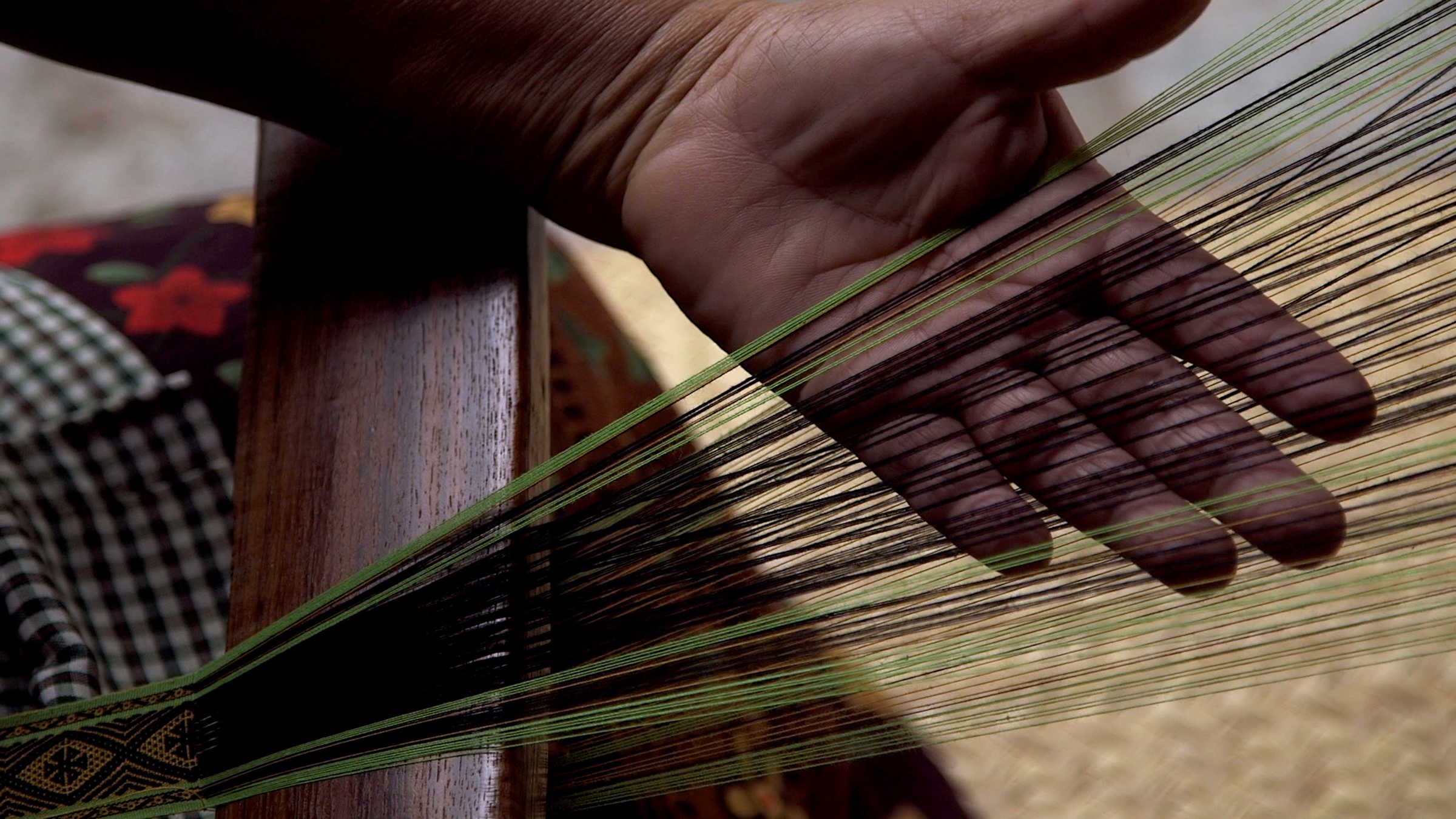2021-2022 COOP study group ~ The Covent of the Care-full
Tutor team:
iLiana Fokianaki for State of Concept
Collective Rewilding (Sara Garzón, Ameli M. Klein, and Sabina Oroshi)
Other guests:
Partner:
Student participants:
Nagham Abu Assaf, Mara Ittel, Zuzana-Markéta Macková, David Přílučík, Maxima Smith, Max Vajt, Theresa Zwerschke.
Student led reflection:
Program:
Introduction to the program:
What is care and how does it inform our everyday life and our understanding of our practice as cultural workers? For this year, State of Concept is aiming to follow up on the work of its research platform The Bureau of Care, which has been looking these last two years into the genealogies of the politics and ethics of care, being specifically interested in the collective aspect of care and how it is, and has been, performed, propagated and defined.
We are in a global crisis of care. This crisis has brought to the fore questions related to social reproduction and the way it is being depleted, through economic ‘growth’ and its effects on the individual: “time poverty”, family-work balance, flex-work, feminisation of labour and class disparity. We are observing how austerity schemes lead to a return of precariousness and a decline of the welfare state, putting care provision at risk. In this context, research on the crisis of social reproduction and care, has to ‘engage with the analyses and critique of capitalism’ as Encarnacion Gutiérrez Rodríguez reminds us.
Forming a covent, to think together different perspectives of care-full practices and what care and being care-full means, this study group will explore care (and the lack of it) in all facets of life, looking into how it informs and reforms cultural production. It will primarily critically address the genealogies of care in Eurocentric thinking, aiming to re-caliber and reconsider them. It will highlight how notions of a care for others and “self-care” thought through a Western modernity which the current neoliberal calibration of individualist perspectives inherited, actually define care as self-betterment, charity and duty. And how this understanding of care, stands in stark contrast to the collective aspect of care for the self and the community, that arrives from indigenous epistemologies of care- and the feminist and activist trajectories that are informed by them.
We will further focus on the realities of care after a global pandemic, and how care since it is contoured and implemented in capitalist, patriarchal and racist societies, does not work for most living beings in its current form. In the words of the late David Graeber: “Generations of political manipulation have finally turned that sense of solidarity into a scourge. Our caring has been weaponised against us”.
This COOP will research the possibilities of disarming this notion, investigating how to return to a form of caring that stems from care understood as a collective endeavour even when it addresses the self. It will specifically focus on the political potency care labour holds, in disobeying power and increasing collective freedom. It will explore collective enactments of care as political weapons through looking into paradigms of resistance and dissent (for both self-care and collective care formations), inspired by for example the work of the Zapatistas movement in Mexico, the writings of the Black Panthers Party and Audre Lorde’s declaration that “Caring for myself is not self-indulgence, it is self-preservation, and that is an act of political warfare” as well as its re-visiting through Sara Ahmed’s “Self-Care as Warfare”.
Lastly, it will look into care, for and in relation to, other-than-human subjectivities. And it aims to draw knowledge and inspiration from eco-feminist theory and practice and its derivation in collective enactments of care through cultural activism, civic society and the theory that informs them.
The Covent of The Care-full is curator iLiana Fokianaki, artist Laura Huertas Millan and the curatorial collective ‘Collective Rewilding’ (Sara Garzón, Ameli M. Klein, Sabina Oroshi).
This group will be working towards questions that stem from research on the politics and ethics of care, by exploring:
- What and for whom to care for, and how?
- What are our personal genealogies of care?
-How can we abandon the neo-liberal notion of self-care for a collective understanding and enactment of care?
-What are the strategies of survival, resistance and resilience that formulate collective care today?
- Care in the capitalist realities of contemporary artistic practice
Methodology
This group will look into mapping the historiographies of care and social reproduction and its relationship to the development of capitalism, and the way today -in a pandemic infested world- neoliberalism has diminished, corroded and sidelined our understanding of care as a collective practice. Further it will search for examples in civic society, social work, care labour and artistic practices that offered counter-power narratives and structures to fortify concepts and conditions for collective care, and how they can be considered for our own practices today. Specific angles of care we will explore are:
Care for Time
Care for Knowledge
Care for Freedom/Care as Weapon
Care for Refusal
Inter-species care
Care and social reproduction: Feminised care and care labour
Care, Repair and Healing
Care for Alternative Storytelling
Care for Encountering and Listening

